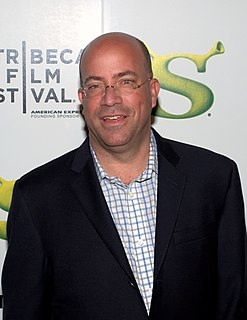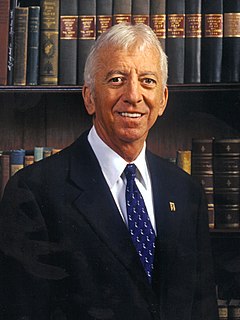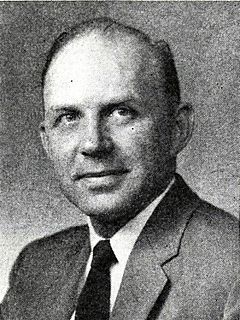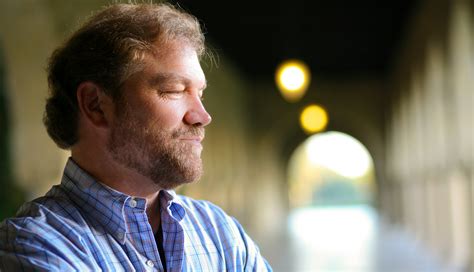A Quote by Jeff Zucker
I think the era of access journalism as we've known it is over.
Related Quotes
Journalism today is obviously in a major transition. Going to journalism school, learning how to write, working your way up in a little paper in Decatur, Georgia and then moving to Atlanta and then maybe to New York: it's just over. You have to have a whole other set of skills now. You have to be a videographer, you have to do social media. You can't do a long, thoughtful, insightful piece if you don't have the time to do reporting, particularly reporting around somebody who doesn't want to be known or an issue that doesn't want to reveal itself.
Anyone who does investigative journalism is not in it for the money. Investigative journalism by nature is the most work intensive kind of journalism you can take on. That's why you see less and less investigative journalism at newspapers and magazines. No matter what you're paid for it, you put in so many man-hours it's one of the least lucrative aspects of journalism you can take on.
People are always saying it's the end of the Gutenberg era. More to the point, it's a return to an oral era. The Gutenberg galaxy was about the written word. At its best, the digital era is part of the rediscovery of the oral. At its worst, it's a Kafkaesque victory of the bureaucratic over the imagination.
The greatest thing is the internet and that means that anybody, you have just as much access as I do. And you can make your little tape and work on it and work on it until you got it the way you want it. And then you can put it on the net. And if it's any damn good somebody's gonna notice. That's happened over and over again now. To me that's good. That's good access that isn't controlled by the companies. I think that's a great thing.
President J. Reuben Clark, Jr., a modern prophet, said over and over again that the Lord would never let one of his Saints who had been faithful in the payment of tithes and offerings go without the necessities of life” (Marion G. Romney, “The Blessings of an Honest Tithe,” New Era, Jan.-Feb. 1982, 45). Members who faithfully pay tithing are promised spiritual blessings as well. “I think it is not well known in the Church that payment of tithing has very little to do with money. Tithing has to do with faith
News at Work is a vivid, inside look at the collision of print journalism and electronic media. Based on close access to the leading news organizations in Buenos Aires, Boczkowski documents how contemporary journalism is caught in the grip of emulation; this spiral of imitation exacerbated further by global news media and their intensifying homogenization. The portrait of this transformation of the news is both fascinating and deeply worrying, and is guaranteed to provoke debate.
I recognize that individuals and organizations with tremendous financial clout and open access to the political system in the post-Citizens United era, are going to fight tooth and nail against a reinvigorated War on Poverty. But I also think that the elections of 2012 showed the limits of big money in politics, and the willingness of a majority of voters to really think these issues through for themselves.



































